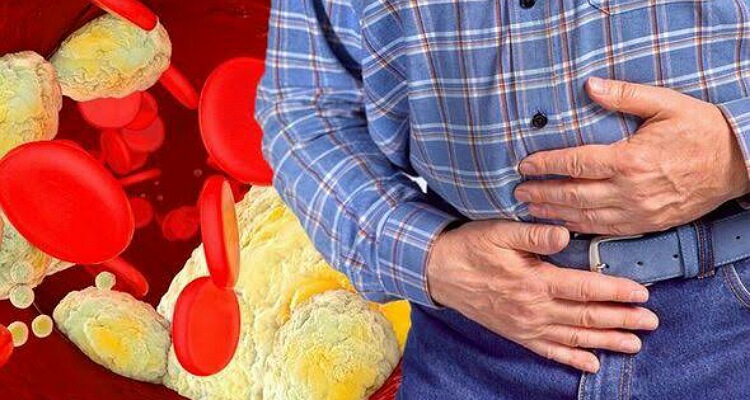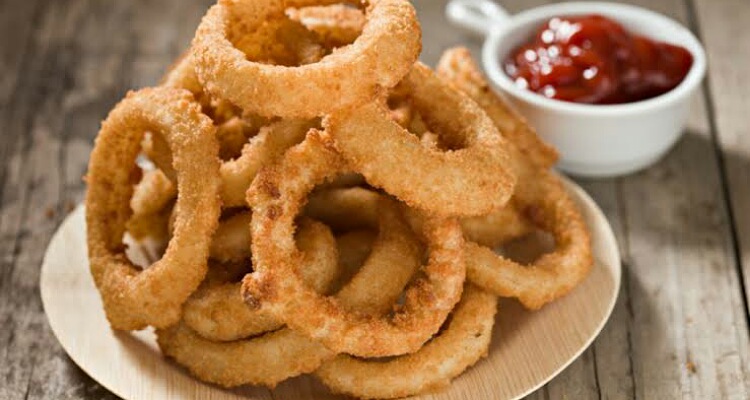Studies have shown that a high fat diet can induce body inflammation. Researchers are trying to find the relationship between high fat foods and inflammation and chronic pain.
And a recent study revealed that people on high fats foods experienced pain to even non-painful stimuli. This is similar to that seen in people with obesity and type 2 diabetes.
High fat diet and the USA
American diets are usually of the high fat type. Fatty foods form a major part of the diet of most Americans. Hence obesity, inflammation, chronic diseases are on the rise in this country.
Earlier research has revealed that people on high fat diet are prone to feel more pain. They are more likely to have chronic pain and inflammation. This type of pain to non-painful stimuli are also noticed in those suffering from metabolic disorders such as type 2 diabetes and obesity.

A recent study that was published in Scientific Reports reveals that high fat foods caused mice to feel pain to even non-painful stimuli. This should make one cautious. It could be that a fatty food can cause chronic pain.
Dietary fats
The body requires fats for proper functioning. Lipids are useful for cell structure and protection. They are the energy stores of the body and these are used when food intake is less for any reason. But too much of fats can harm the body. The saturated fats, trans fats and omega 6 fatty acids are not healthy. Hence one should avoid consuming foods containing these types of fats.
Fats cause chronic heart diseases. They plug the blood vessels and lead to stroke. Laura Simmons, dietitian from RET Physical Therapy & Healthcare Specialists, WA says:
“We already know that high-fat diets can be inflammatory to our systems due to the increase in the inflammatory markers, increase in plaque formation in arteries, and deposits of fat if the high-fat diet is contributing to a caloric surplus. We have not had a great understanding of the relationship between inflammation and chronic pain, and specifically the role of food.”

Laura is not part of the published study. Fat does increase pain sensitivity. But authors of the present study wanted to know whether a person on a fatty diet feels pain to even non painful stimuli.
Fatty foods and pain
The study authors wanted to know whether fatty foods with no diabetes or obesity can make the mice feel pain with non painful stimuli. Laura noted:
“Previous studies have looked at the relationship of high fat diets with mice who also were obese or had diabetes, but this recent study took out further variables and was able to start identifying the direct connection of diet on chronic pain,”
Read here: UK NDNS-RP: Link between saturated fats, omega 6 fatty acids, omega 3 fatty acids and obesity!

Over 8 weeks, mice were either fed a standard chow diet or a fatty diet. The mechanical allodynia was higher in mice fed fatty foods. Author Michael Burton, assistant professor of cellular and molecular neuroscience at the University of Texas at Dallas said:
“This study indicates you don’t need obesity to trigger pain; you don’t need diabetes; you don’t need a pathology or injury at all,”
“Eating a high fat diet for a short period of time is enough — a diet similar to what almost all of us in the U.S. eat at some point,”
The study is an animal study. Therefore, Laura cautions:
“We must be cautious to not jump to conclusions when studies are done on animals,”
“However, this study does show that further research should be done to better understand how diets like a high fat diet can influence chronic pain within humans.”